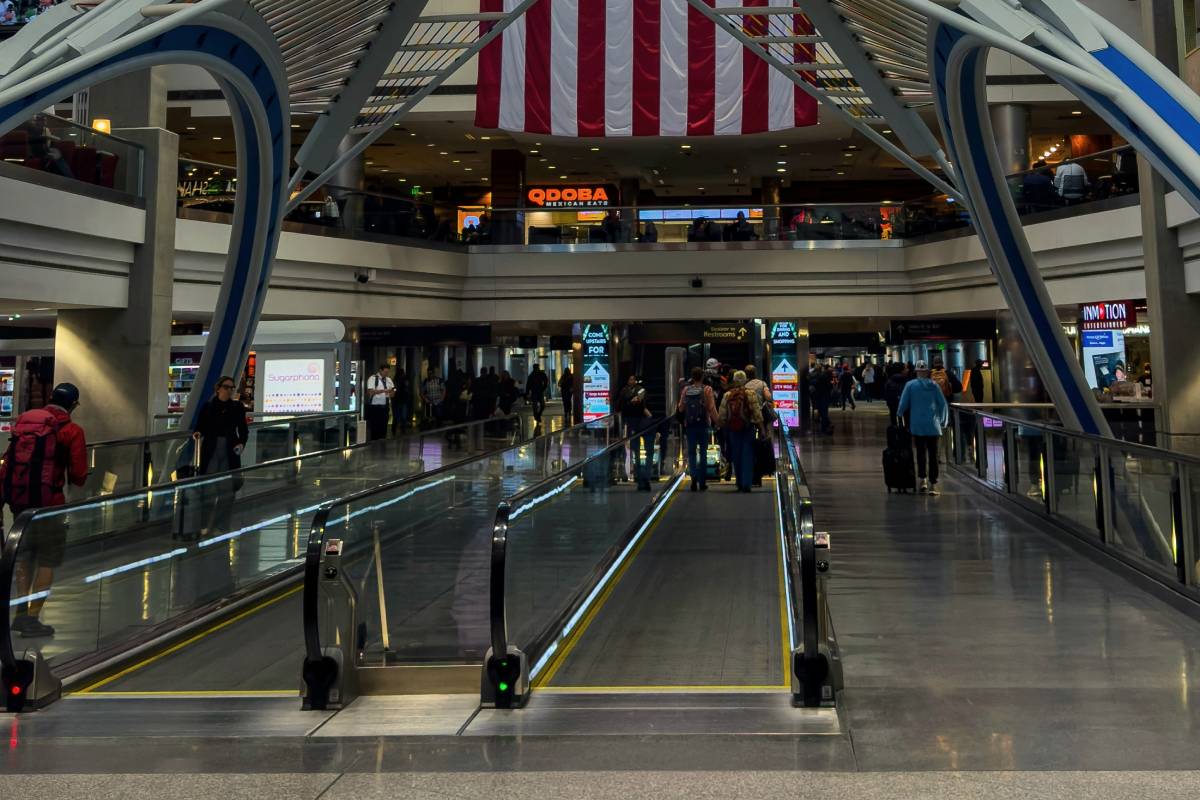The EFTA Surveillance Authority (ESA), which monitors compliance with EEA regulations, has said that a crackdown on temp agencies and recruiters is “unjustified and disproportionate”.
Late last year, Norway adopted legislation which cracked down on companies using sub-contracting when the work is of a temporary nature. This applies mostly to seasonal industries and ones with production peaks.
The ESA says that this is in breach of the temporary agency directive and the freedom to be able to provide services within the EEA.
It said that it believes that the restrictions are far-reaching and intrusive and can have serious consequences for temp agencies and their employees, as well as for companies that want to use such services.
The government introduced the rules as it wanted to increase the number of people with permanent full-time employment.
However, the ESA argues that Norway is unable to demonstrate that the restrictions are suitable in achieving the goal of increasing permanent and direct employment in a consistent way.
State Secretary Maria Schumacher Walberg in the Ministry of Labor and Inclusion told Norwegian publication E24 that it was surprised by the ESA’s decision to open a case against Norway.
“We have today been made aware that the ESA wants to open a case against Norway but have not had time to take a closer look at the contents of the opening letter. I am still surprised that Esa chooses to open a case against Norway in this area,” she said on Wednesday when the case was opened.
A number of firms in Norway may choose to open a class action lawsuit for lost earnings against the Norwegian state.
Law firm Simonsen Vogt Wiig said to E24 on Thursday that two firms had already signed up to a lawsuit against the state.
“We believe ESA’s letter is sufficient for us to now file a multimillion-dollar lawsuit against the state for breach of the EEA agreement, and are now bringing together all those who have lost out on the … ban for the compensation claim,” lawyer for the firm, Nicolay Skarning said.
He has written a letter to SMB Norway, a 5,000-strong group of small and medium-sized enterprises, urging other firms to come forward.
“Based on the feedback we have received, several companies may have lost large sums due to dismissals, loss of contracts, loss of tenders, non-fulfilment of contracts, etc., as a result of the ban on the hiring of labour from staffing companies in case of temporary need. It is natural to demand compensation from the state for this,” he wrote in the letter.
The Confederation of Norwegian Enterprise (NHO) has said that it isn’t surprised by the ESA’s decision to open a case against Norway.
“It is not surprising for NHO that ESA is following up on this case and opening a case against Norway. When it comes to the contracting rules, this hits our members hard. Both those who hire in and those who hire out,” Nina Melsom, director of working life at NHO, said.




 Please whitelist us to continue reading.
Please whitelist us to continue reading.
Member comments